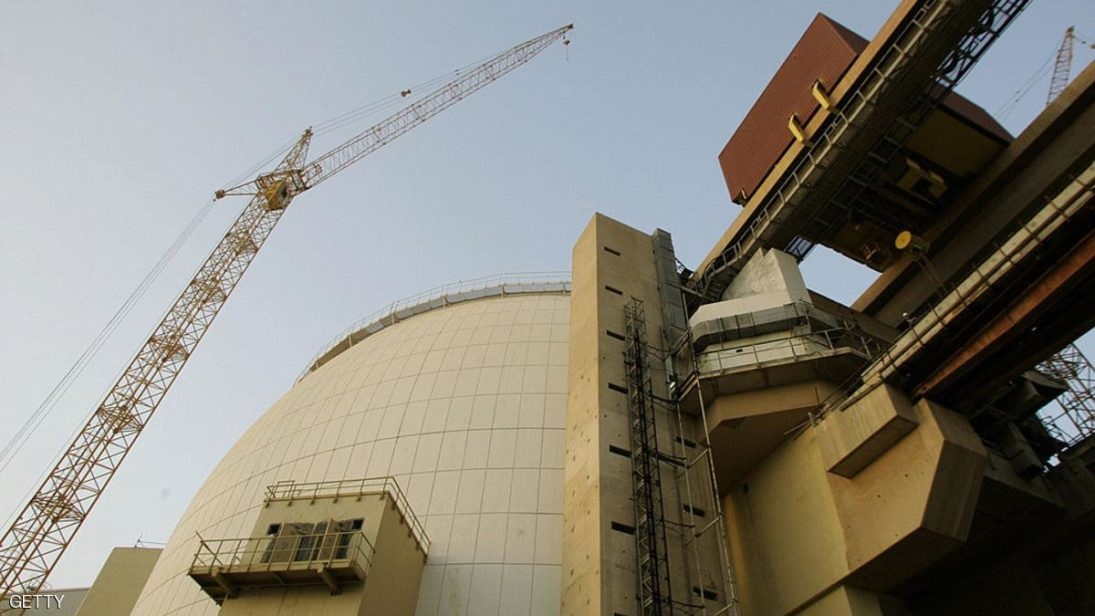US intelligence assessment, as of Tuesday, June 17, 2025, is painting a different picture from that which Israel intelligence gave, claiming that Iran was close to nuclear weapon.
The CNN reports that following a series of Israeli strikes on Iran last week, Israeli officials issued stark warnings, claiming that Iran was nearing a critical threshold in its pursuit of nuclear weapons.
They argued that the military action was necessary to prevent Iran from reaching this point.
According to four sources familiar with those evaluations, Iran is not currently pursuing a nuclear weapon.
They also say Iran is likely still up to three years away from being capable of building and delivering one.
One senior U.S. official told CNN that Iran is “about as close as you can get before building” a weapon, noting that Tehran has the necessary components, should it choose to proceed.
Despite extensive Israeli airstrikes, American intelligence officials believe the attacks have only delayed Iran’s nuclear progress by a few months.
While the Natanz enrichment facility suffered considerable damage, another key site—Fordow, which is deeply fortified—remains largely untouched.
Experts say Israel cannot effectively target Fordow without specialized U.S. military capabilities, such as bunker-busting bombs and aircraft capable of delivering them.
Brett McGurk, a former senior U.S. diplomat, explained that while Israel can impair Iranian nuclear sites, dismantling them entirely would require either a U.S. strike or a diplomatic agreement.
This reality creates a difficult situation for the Trump administration, which aims to avoid deeper military entanglement in the Middle East.
Although President Trump has stated he does not want to involve the U.S. directly in Israel’s campaign, administration officials acknowledge that only U.S. assistance could deliver a decisive blow to Iran’s nuclear infrastructure.
Over the weekend, sources confirmed that American bombs and B-2 bombers are the tools needed to destroy heavily protected sites like Fordow.
This dilemma has sparked internal debate among the President’s advisors, some favoring restraint and others advocating support for Israel. Trump himself has offered mixed signals.
Speaking to ABC News, he said the U.S. is not currently involved but did not rule out future involvement. Later, during the G7 Summit in Canada, he urged both sides to begin diplomatic talks “before it’s too late.”
U.S. Central Command (CENTCOM), which oversees military operations in the region, reportedly sees Iran’s nuclear ambitions as more urgent than the broader intelligence community does.
Prior to the Israeli strikes, CENTCOM had warned that Iran could reach nuclear capability faster if it chose to aggressively pursue it.
CENTCOM Commander Gen. Michael Kurilla and other military leaders have been requesting additional resources, not to participate in attacks, but to better defend Israel and U.S. forces.
One source said Kurilla wants to prepare for “the most challenging contingency,” prompting the Pentagon to reposition assets in the region.
On Monday, a U.S. official told CNN that the USS Nimitz Carrier Strike Group is heading to the Middle East without delay.
Additional naval forces equipped to intercept ballistic missiles will also move to the eastern Mediterranean in the coming days.
Over the weekend, U.S. Navy ships intercepted missiles aimed at Israel on at least two occasions.
Despite closely sharing intelligence, the U.S. and Israel often diverge in interpreting Iran’s nuclear intentions.
Director of National Intelligence Tulsi Gabbard recently testified that Iran is not actively building a nuclear weapon and that Supreme Leader Khamenei has not revived the program suspended in 2003.
Yet Trump, asked about Iran’s proximity to nuclear capability, responded, “very close,” dismissing Gabbard’s testimony.
Israeli Prime Minister Benjamin Netanyahu, in a Fox News interview, defended his position.
He asserted that Israeli intelligence showed Iran was rapidly and secretly working to weaponize uranium.
The International Atomic Energy Agency (IAEA) has also raised alarms, reporting that Iran has stockpiled enough near-weapons-grade uranium to potentially create nine bombs, though it lacks a delivery system.
Analysts warn that while Iran could likely build a rudimentary bomb in months, developing a functional delivery mechanism would take significantly longer.
Still, there is concern that Israel’s strikes might push Iran to pursue weaponization more openly—a step U.S. intelligence believes it hasn’t taken yet.
One source said Iran is “reeling” and may lack the capacity or expertise to accelerate its program quickly.
Yet Fordow remains a critical concern. “Fordow, Fordow, Fordow,” McGurk emphasized.
He noted that its survival may leave Iran with both the motive and the infrastructure to pursue nuclear arms more aggressively.
As long as Fordow stands, the crisis remains unresolved.
Diplomacy remains on the table, but Iran has told mediators it won’t engage while under attack.
Meanwhile, Israel has shown no signs of halting its operation anytime soon.



